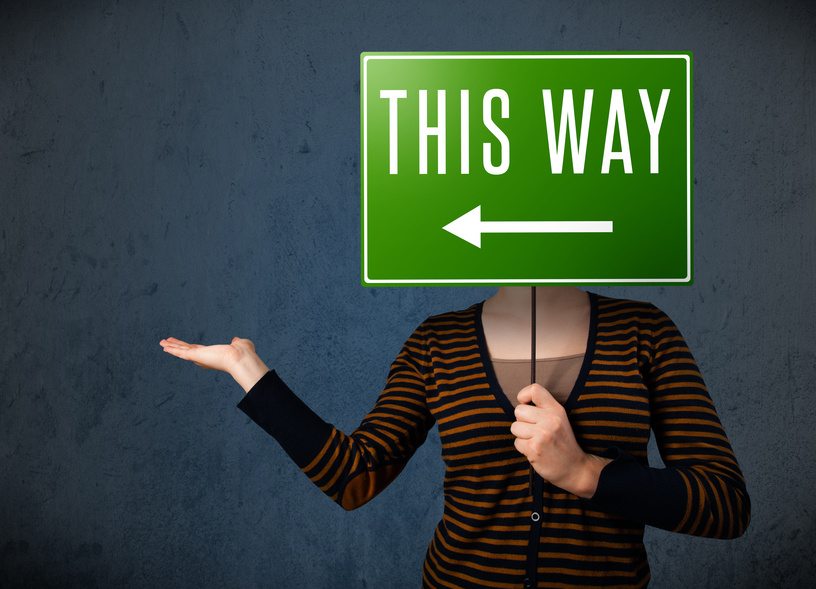By Doyle McManus
Los Angeles Times.
The young are different from you and me, unless, of course, you happen to be one of them.
If you’re older than 34, I’m sorry to break it to you, but you’re no longer the wave of the future.
That distinction belongs to those born between 1980 and 2002, dubbed the “millennial generation” because they began to come of age at the turn of the century.
They’ve grown up, most of them have found jobs (although that hasn’t been easy) and they’re a bigger, more powerful part of the electorate every year.
The millennials are a major reason President Obama won re-election in 2012; if nobody under 30 had voted that year, Mitt Romney would be in the White House today.
The independent Pew Research Center released a major report on the attitudes of the millennial generation last week, and here’s what it found:
The millennials are decidedly liberal, especially on social issues such as immigration and same-sex marriage. That helps explain why Obama won their votes by a 16-point margin in 2012.
Among those under 34, self-declared liberals outnumber conservatives by a small margin, 31 percent to 29 percent, making them the only age group in which conservatives aren’t ahead. (Among baby boomers, a generation once considered decidedly anti-establishment, conservatives far outnumber liberals, 41 percent to 21 percent.)
The difference is even more striking when it comes to social issues. A majority of millennials, 55 percent, believe illegal immigrants should be granted a pathway to citizenship; that’s true of no other age group.
According to Pew’s polls, a massive 68 percent of millennials support same-sex marriage; among baby boomers and older voters, support for same-sex marriage is still below 50 percent.
The numbers are similar on marijuana legalization: 69 percent of millennials think it’s a good idea; baby boomers may think they invented marijuana, but only about half think it ought to be legal.
But millennials are not necessarily committed Democrats; most of them don’t identify strongly with either party.
And their standoffishness goes beyond politics: The millennials are “unmoored from institutions,” Pew says.
About three in 10 say they aren’t affiliated with any religious tradition, meaning more are “unchurched” than any older generation.
Only about one-fourth of millennials are married; at the same age, about half of baby boomers had tied the knot.
And yet, despite their wariness about traditional institutions, and despite the punishing recession at the start of their careers, millennials are amazingly upbeat.
According to Pew, 86 percent say they already make enough money to live the kind of life they want now or are confident they will in the future.
“They are America’s most stubborn optimists,” says Pew’s Paul Taylor, author of “The Next America,” a book that charts the diverging generations.
As the father of three millennial daughters, I suspect that’s partly because they have access to their parents’ Netflix accounts, plus occasional recourse to the Bank of Dad. But Taylor offers a simpler explanation: “They have the invincibility of youth.”
Still, no generation is a monolith, and there’s one ancient divide that still runs through the millennials: race and ethnicity.
In Pew’s polling, white and nonwhite millennials held measurably different views on some subjects, including Obama’s performance as president.
Most nonwhite millennials approved of the president’s performance, but among white millennials, his approval rating was only 34 percent, about the same percentage Obama wins among older whites.
Likewise, in the 2012 election Obama won among voters under 30, but 51 percent of young white voters went for Romney. That was not so in 2008, when 54 percent of young white voters went for Obama, which suggests that between 2008 and 2012 white millennials moved toward their parents’ politics.
The racial divide turns up on another key question, too: attitudes about the size of government.
More than half of millennials say they would favor a bigger government that provides more services over a small government that does less, but that masks a divide: About half of white millennials prefer a smaller government, but 71 percent of nonwhite millennials want a bigger one.
That still makes white millennials “more liberal than older whites,” Pew’s Carroll Doherty told me, just “not nearly as liberal as nonwhites.”
So in one sense, the millennials’ political attitudes merely reflect their 21st century demographics.
The under-34 generation is far more diverse than its predecessors: 57 percent white, 21 percent Latino, 13 percent black and 6 percent Asian. (My generation, the baby boomers, is 72 percent white.)
They’re a big part of the reason the American electorate will lose its white majority later this century.
But race isn’t the whole story. On social issues, including immigration and interracial marriage, white millennials are liberals, too. “Race doesn’t matter at all,” Doherty said.
There are lessons in those numbers for both political parties.
Democrats must understand that while the next generation of voters is open to their message, they can’t be taken for granted; when they get older and pay more taxes, some will surely bolt.
And Republicans had better accept that if they remain a party of social conservatives resisting immigration reform, they’re on their way out of business, soon.
___
ABOUT THE WRITER
Doyle McManus is a columnist for The Los Angeles Times.














































































































































































































































































































































































